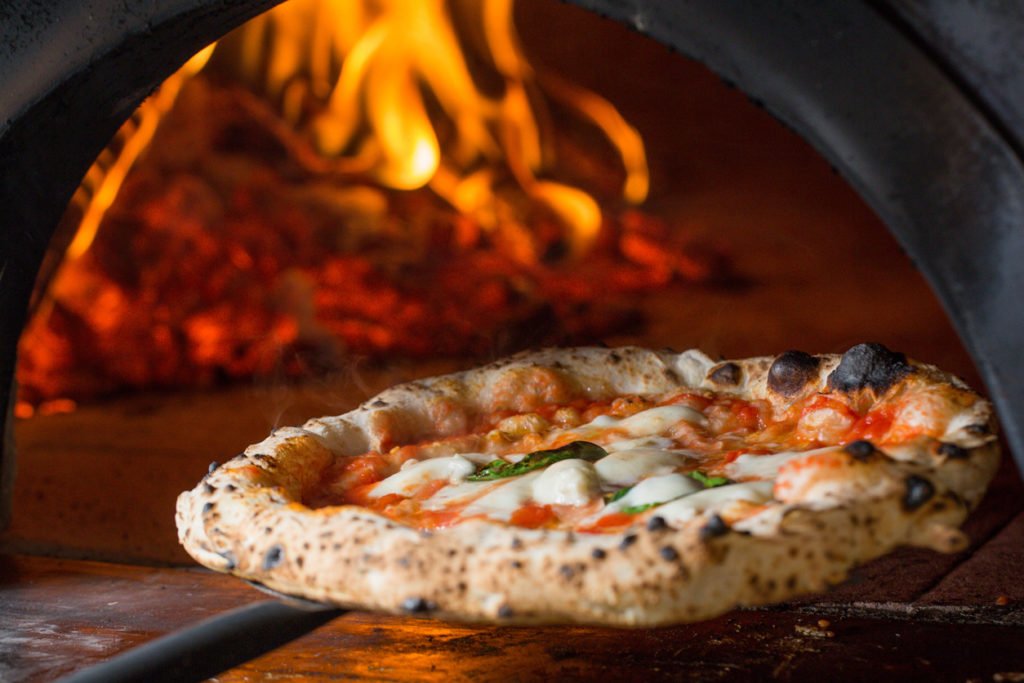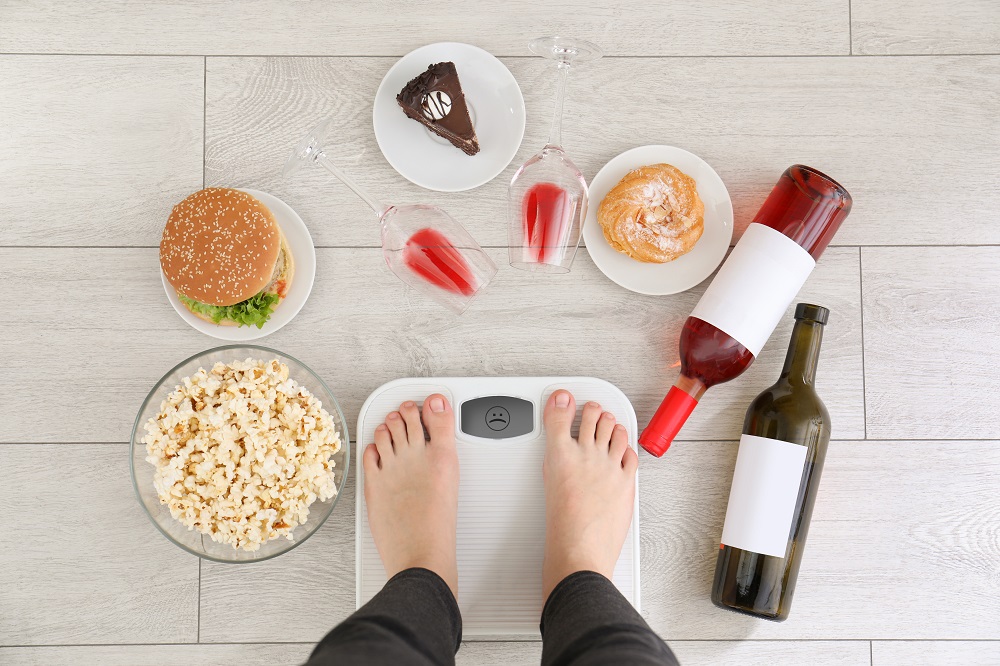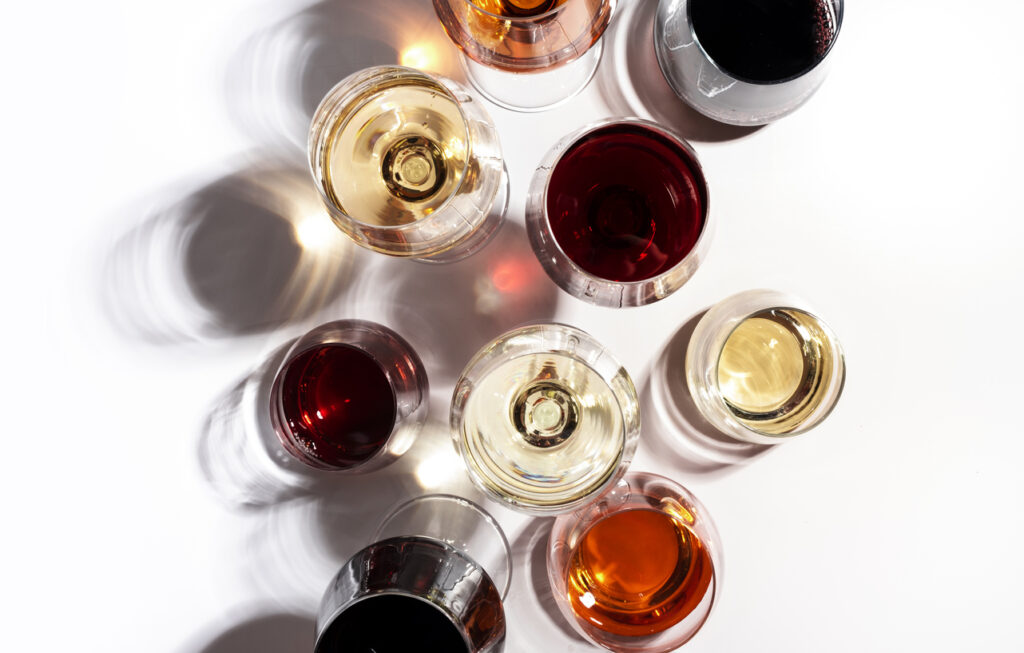The health benefits, or lack thereof, of the humble glass of wine have long been speculated and disputed, and the actual science behind how wine affects our bodies is pretty vague.
Many believe wine is an antioxidant that is good for their heart health, and while (red) wine does contain antioxidants, that doesn’t mean the more you drink, the better for your health it will be – quite the opposite actually!
With so many myths out there surrounding the world of wine, let’s take a deeper look at one often disputed question: “does wine make you gain weight?”
You might be reading this thinking, well, yes of course it does, but there’s a lot more to it than just empty calories and high sugar content. Keep reading to find out how wine can affect your body.
Why does drinking wine make you gain weight?
Wine, and other alcoholic beverages, contain what are called ‘empty’ calories, meaning calories that provide no nutritional value, so you will not benefit from any vitamins or minerals, which are what make most calories worth it.
The majority of the calories in wine come from the sugar and alcohol content. But, that’s not the only reason wine might make you fatter. It’s the way the contents of wine affect your body that results in easier weight gain. These effects include:
- Wine (and other alcohol) is quickly stored by our bodies
- Wine prompts the formation of fat deposits within our bodies, particularly in the liver
- Wine slows down the burning of fat
- Drinking wine can have an effect on how full we feel and can often lead to hunger, causing you to eat more

Why does wine make you hungry?
Picture this: you’re sitting in the sun surrounded by your closest friends and family, and you pop open a nice bottle of wine – heaven, right?
Now also imagine, you’re a few glasses down, and you start to feel a little hungry. You’re not craving a salad, are you? No, instead, you bring out the cheese and crackers and a whole host of delicious party snacks to feed your wine-happy guests.
This is the psychological aspect of drinking wine. It’s not often people don’t associate drinking wine with eating tasty snacks. The same goes for most alcohol.

The calories don’t stop there, either. After an afternoon of consuming wine we will start to feel the effects of a hangover which will undoubtedly make you crave greasy foods like burgers, fries, pizzas – you name it, you’ll want it.
The combination of these psychological and social aspects of drinking wine cause for a very calorific day and ultimately, weight gain.
How many calories are in a bottle of wine?

Consuming liquid calories is by far the easiest way to rack up calories quickly, and without even realizing it. In fact, a bottle of wine can have the equivalent calories to lots of indulgent foods.
On average, there are about 130 calories per glass of wine. Each bottle will contain between four and six glasses, depending on the size of the bottle/ size of your glass.
That means, a bottle of wine will have somewhere between 500 and 700 calories.
Some wines are higher in calories and sugar than others, too. So let’s take a look at the calorie contents of various wines.
- Red wine – a regular glass of red wine can have as many as 160 calories = 800 calories per bottle
- Rosé wine – a regular glass of rosé wine can have as many as 147 calories = 736 calories per bottle
- White wine – a regular glass of white wine can have as many as 130 calories (this can vary greatly if it is a sweet wine) = 650 calories per bottle
- Sparkling wine – a regular glass of champagne can have as many as 95 calories = 475 calories per bottle
Let’s put these liquid calories into perspective:
- 800 calories = four Krispy Kreme Original Glazed Donuts
- 600 calories = one Five Guys burger with cheese
- 400 calories = Burger King medium fries

How does drinking wine affect weight loss?
We’ve discussed the ways in which wine makes you gain weight, so how does the occasional glass or two affect weight loss?
There’s nothing more disheartening than stepping on the weighing scales to see you’ve gone back on some of your hard-earned progress.
You may think just having a splurge now and again won’t affect your weight loss journey. But, drinking wine can actually have a negative effect on weight loss.
Here are some of the main reasons why drinking wine while trying to lose weight is a bad idea:
- Alcohol alters the way your body burns fat – when you’re losing weight, you want your body to put all of its energy into burning fat but, when you drink wine, or any alcohol, your body puts all of its focus on burning the calories from the wine. As a result, it will take you longer to burn the fat you already had
- Alcohol makes you crave greasy foods – as you’ve probably experienced countless times, at the end of a party or day of drinking, your body tells you to eat as much tasty fast food as you can get your hands on to settle the craving. This will of course set you back on your weight loss goals
- You’ll probably miss out on training the next day – we’ve all been there, a day of drinking alcohol often turns us into sleepy, hungover zombies the morning (or entire day) after. So, the chances of us keeping up with our healthy diet and/or workout plan decrease significantly which will slow down our weight loss journey
- Alcohol can lower the levels of testosterone in your body – you may not have been aware of this, but testosterone can actually affect your ability to lose weight and gain muscle. So, drinking can lower how much of the hormone you have in your body, ultimately decreasing your ability to lose weight and gain muscle

